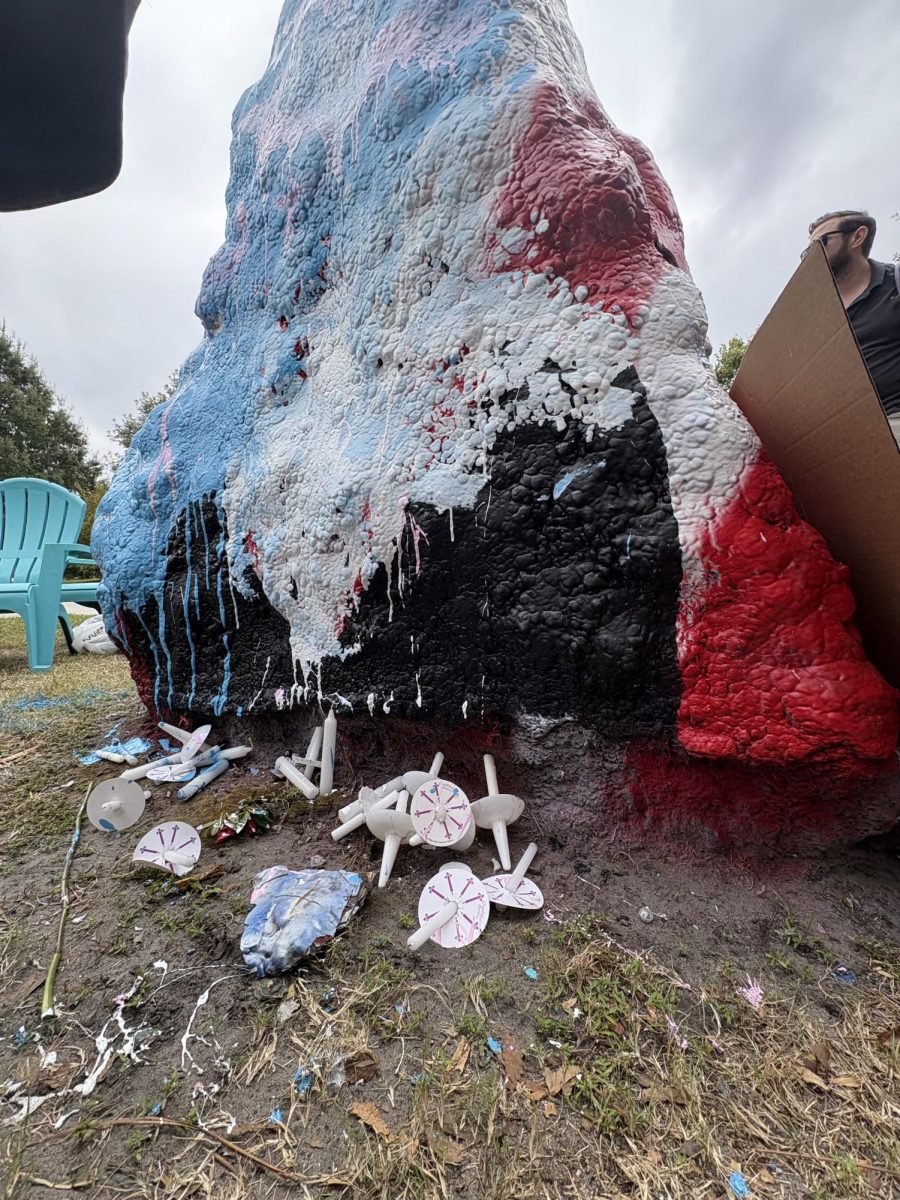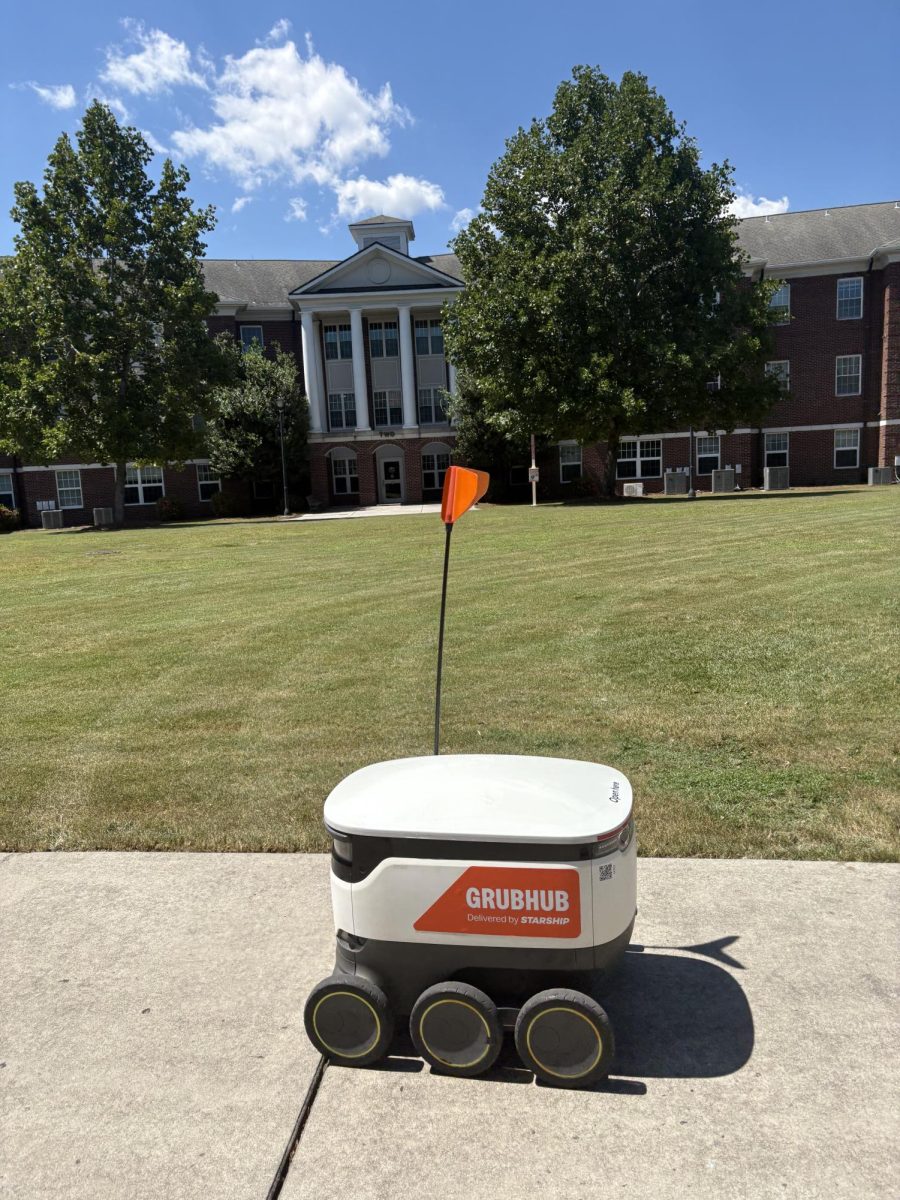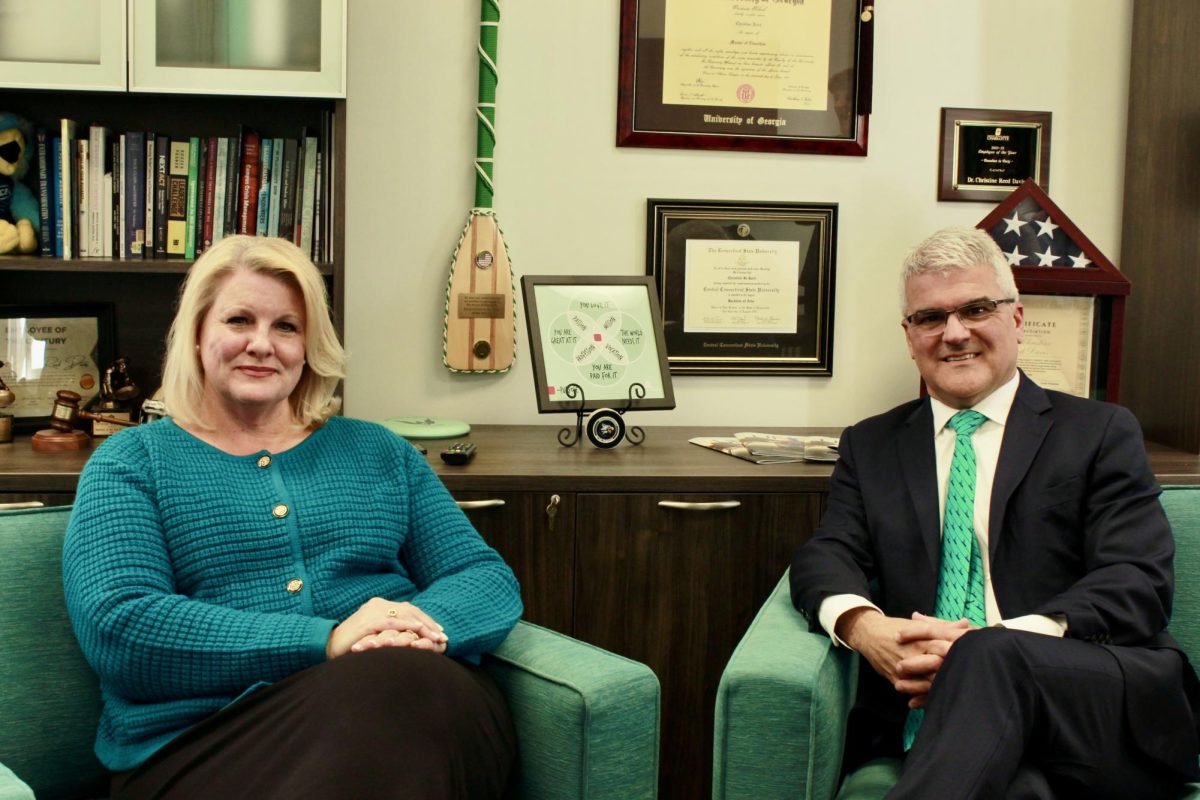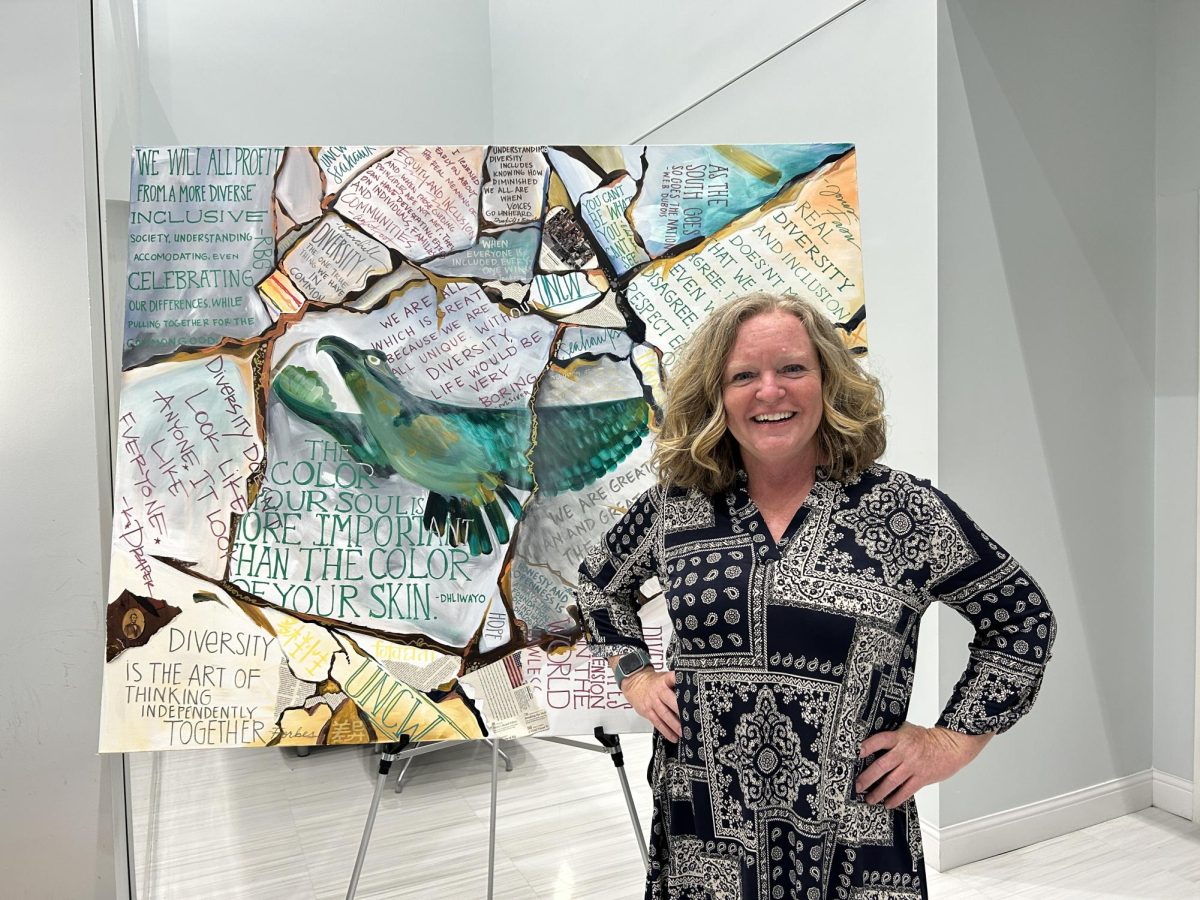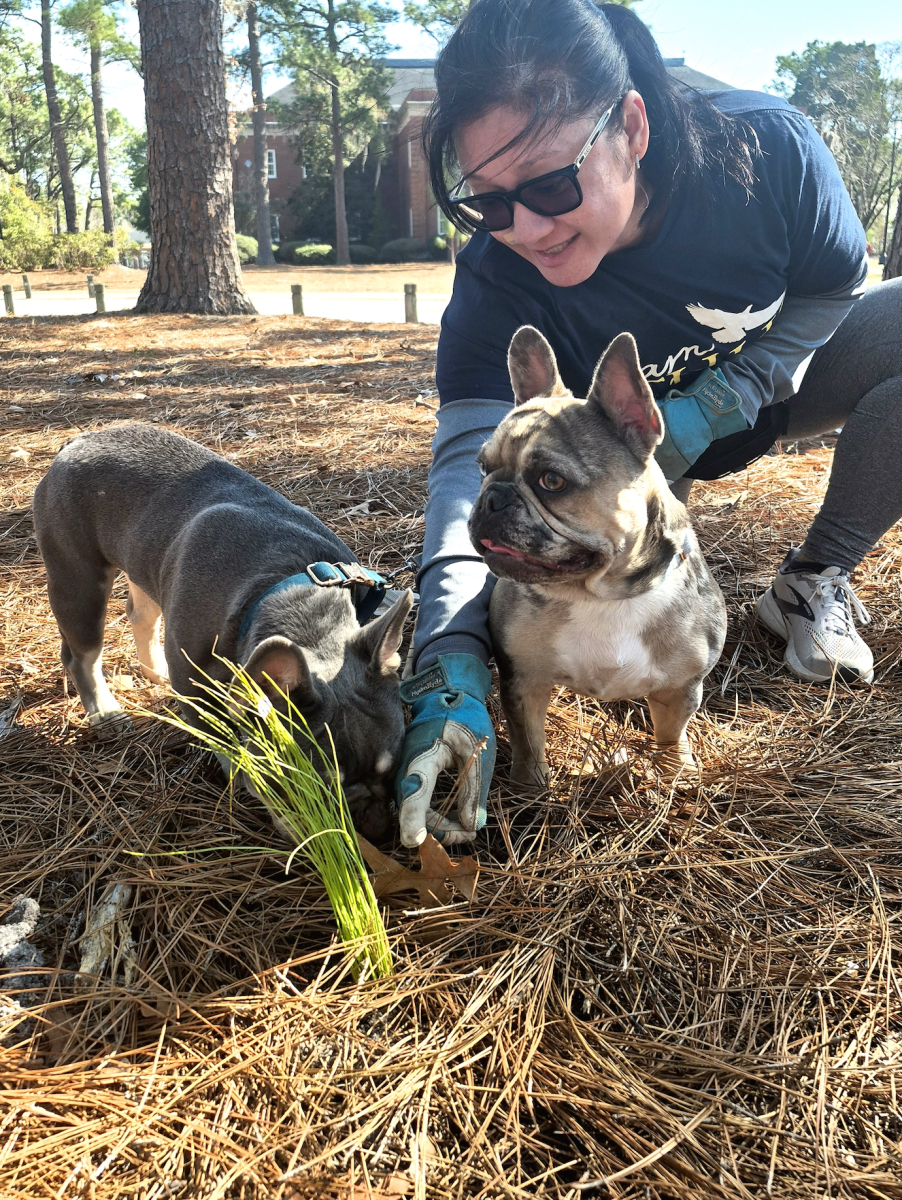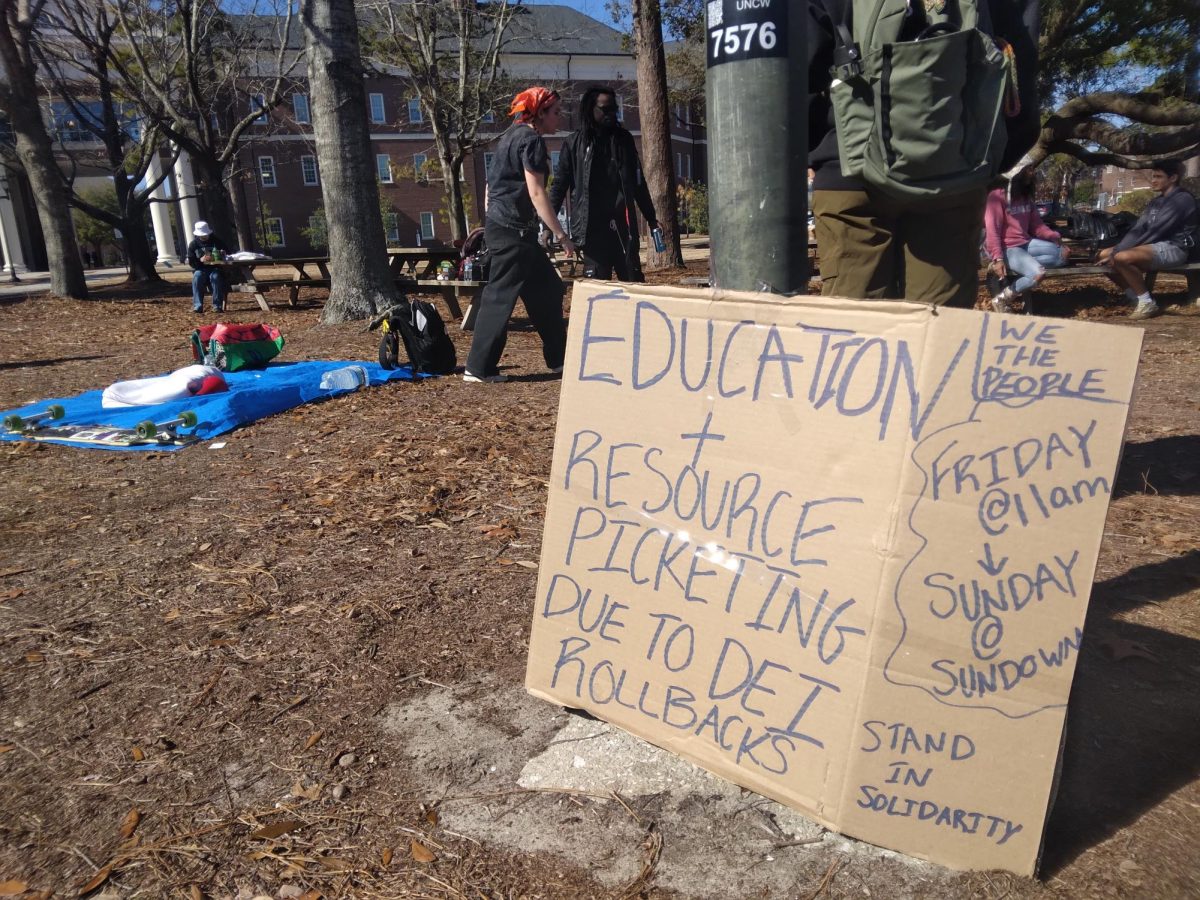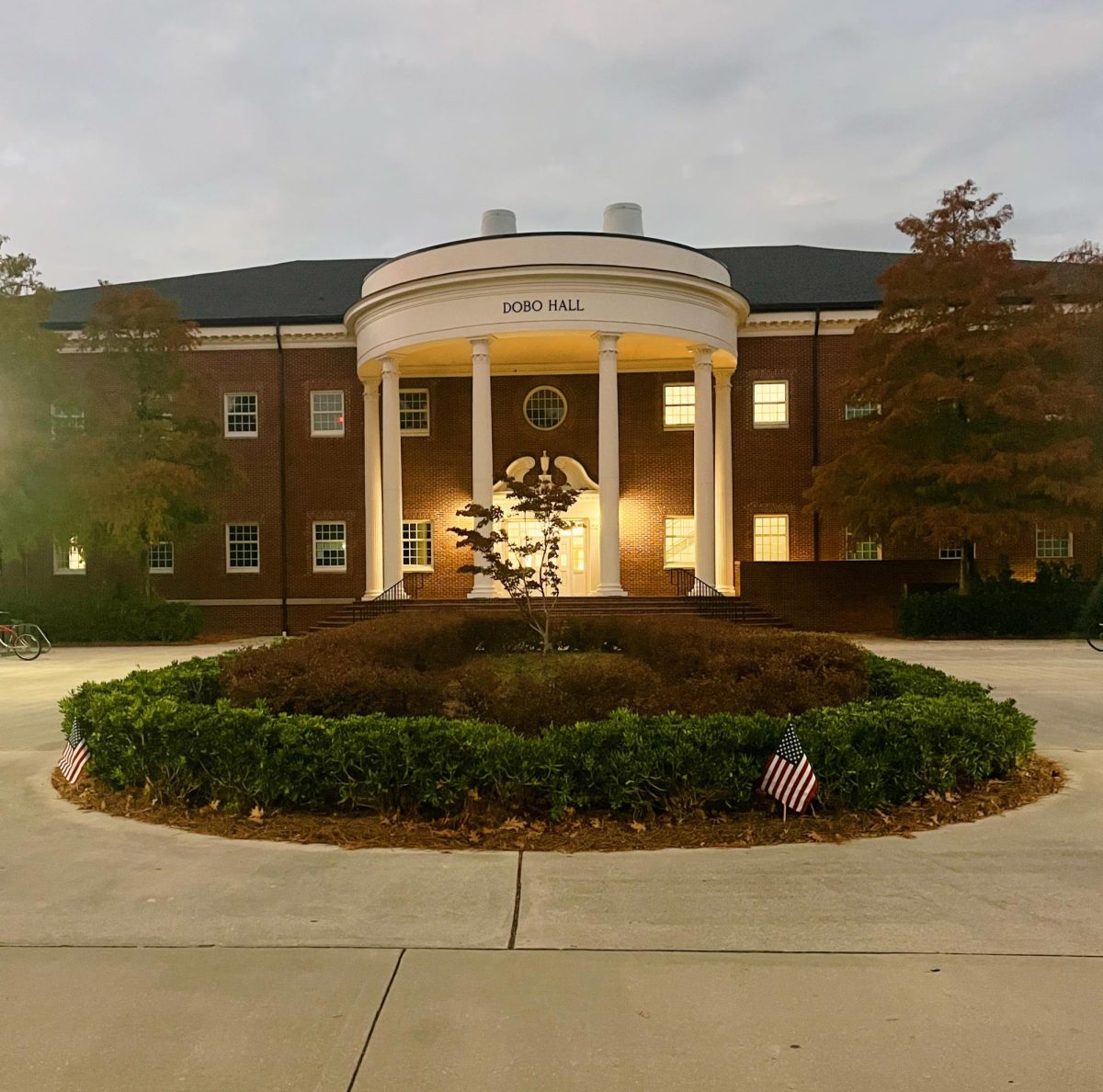
As students settle into their first month of classes, campus is also bracing itself for the Red Zone. According to the American Psychological Association (APA), “The Red Zone is typically thought of as the beginning period of a new school year (i.e., mid-August to November), where there is a link between the increased frequency of social gatherings and rates of sexual assault. Research has found that 50% of [campus sexual assaults] occur during the Red Zone, especially for students who are new to campus.”
This is not an inconsiderable percentage as the APA goes on to say that “campus sexual assault (CSA) makes up the greatest proportion (43%) of total on-campus crimes in the United States.”As a word of warning to freshman and transfer students, APA concludes by saying, “Specifically, college women in their first year have reportedly been at the highest risk for sexual assault compared to other college women after their first year, including drug-and-alcohol facilitated sexual assault.”
At parties where the beer coolers are open and the kegs are flowing, many students lower their inhibitions to celebrate the freedom of college life with their peers. However, this can prove disastrous for many, as some students decide to take this celebration of life and turn it into a hunting ground. Kegs and open cups can be easily spiked with date rape drugs, their consumers unaware that the beverage that was supposed to help them let loose has turned to poison. According to the Office on Women’s Health, “Nearly 11 million women in the United States have been raped while drunk, drugged or high.”
They go on to detail that “often date rape drugs have no color, no smell, and no taste when added to a drink or food…If someone adds a date rape drug to a drink, it may change the color of a clear drink or make your drink look cloudy. But changes can be hard to see if the drink is dark (such as cola or beer) or if the room is dark.”
Although anything from sleeping pills to marijuana can be used as a date rape drug, the Office on Women’s Health describes the effects of the most dangerous ones: “Drugs such as Rohypnol, [Gamma-hydroxybutyrate], [gamma-Butyrolactone] and ketamine are very powerful. They can affect you very quickly, and you might not know that something is wrong. The length of time that the effects last vary. It depends on how much of the drug is in your body and if the drug is mixed with other drugs or alcohol. Alcohol can make the effects of drugs even stronger and can cause serious health problems — even death.”
The Office of Women’s Health goes on to describe the effects of these drugs: “Drugs or alcohol can make a person confused about what is happening, less able to defend themselves against unwanted sexual contact, or unable to remember what happened…This can make it difficult to tell if you were drugged and raped. You might not be aware of an attack until many hours later, or you may not remember what happened.” This makes it all the more important that people have close, fast and safe access to test their drinks and urine to see if they have been drugged and/or assaulted.
The Office of Women’s Health offers a checklist to people that believe they may have been drugged and sexually assaulted: “You might have been drugged and raped if:
- You don’t know why your clothes are on wrong, torn, or have unusual stains. Or you wake up without clothes and don’t remember taking them off.
- Your body feels like you had sex, but you cannot remember it.
- You have unexpected bruises, bleeding, pain, scrapes, or cuts, especially after waking up after a party, date, or other social event.”
They go on to say that “even though it may feel very difficult at the time, it is important that you try not to urinate, douche, bathe, shower, wash your hands, brush your teeth or hair, change clothes, or eat or drink before you go. A doctor or nurse may be able to collect evidence of the assault from your body.”
However, date rape drugs are not the only way to incapacitate potential sexual assault victims. Jen August, Director of CARE Violence Prevention & Response said, “There is a lot of attention that our society likes to pay about date rape drugs, but the number one date rape drug is alcohol. A lot of rapists find that they don’t need to purchase drugs or figure out a way to slip it into somebody’s drink, because very often, the way that our culture is, we are often willingly drinking so much that it makes us incapacitated and unable to give consent and unable t be aware of our surroundings in some way. We should be allowed [to drink], and it doesn’t make [sexual assault] somebody’s fault, but that is the most common form of sexual assault that we see around here, where perpetrators are already honing in on people that have had too much to drink and taking advantage of their vulnerabilities.”
When asked where predators often hunt for their victims, August said, “Sometimes it is bars, sometimes it is study sessions where people decide to start drinking. It really is across the board because of college culture. This is true at every college, not just UNCW, but college culture is such a drinking-heavy culture that there is not one particular place where it happens more frequently than others.”
Since we are in the Red Zone and sexual assault is the most common crime on college campuses Campus Police has partnerships with the Wilmington Police Department and the New Hanover County Sheriff’s Office that can test drinks and conduct urinalysis and blood labs to examine for the presence of date rape drugs.
Chief of Police at UNCW, Frank Brinkley, said, “When provided a report or allegation of any crime, UPD coordinates analysis of collected evidence. For a crime related to these types of substances, UPD collects the evidence i.e., drinks and/or urine and works with forensic experts at partner agencies [Wilmington Police Department and the New Hanover County Sheriff’s Office] and appropriate labs and resources…There are field test kits such as those the public might even have that officers may use for preliminary testing, but for court purposes a lab test, as described above, is required.”
“Additionally, the UNCW Police Department and other campus units encourage students to learn more about bystander intervention, best practices for avoiding dangerous situations, attending parties safely, and hosting events in a manner that is safe for all attendees—both on and off campus,” Brinkley writes. “We provide training, educational resources and support to empower students with the knowledge they need to help others (or themselves) get help when needed.”
August affirmed Brinkley’s push for bystander intervention: “We are really big in our office on encouraging bystander intervention. Historically, in the field of rape prevention, we used to focus on all these self-defense moves. And, if you think about it, that puts responsibility on the potential victim as being the one responsible for keeping themselves safe, and, if they are able to keep themselves safe, generally that perpetrator will just move on to somebody different who does not know those self-defense moves. With bystander intervention we are really tapping into the fact that everybody on campus wants to help and wants to keep campus safe. So, we give them some tools with the Three D’s: distract, directly intervene, or delegate to somebody else. By using one of the Three D’s and intervening it sends the message that our campus isn’t going to stand for this behavior.”
Brinkley also recommended resources for students to contact if they believe that they may be a victim of a drugged sexual assault, such as New Hanover Regional Medical Center, Coastal Horizons Center and The Open Gate Domestic Violence Center and Services. “In addition to the resources previously provided,” Brinkley writes, “students can access on- and off-campus resources here: police resources and services, safety tips, victim resources, and CARE: Collaboration for Assault Response and Education (after hours emergency number: 910.512.4821).”
August provided a detailed list of what resources CARE has to offer students: ““We have a 24 hour crisis hotline. That hotline is covered here by our advocates here at the office. And our advocates role is to offer wrap-around support services to try to help. We know we can’t undo something like a sexual assault, but we really try to help address any area in their life that has been impacted by what they went through. We can reach out to professors and let them know that the student is dealing with something significant. Sometimes we help people with switching rooms if they feel unsafe in their current residence hall room…We also help people if they want to report through the Title IX system, or if they want formal accommodations through the university. Title IX has a lot of great options that are available to students who don’t necessarily want to file a police report, but they might want some sort of accountability, or they might want some sort of assistance on a formal level from the university. We can help people and accompany them to those meetings. We also help people with legal advocacy, as well. Meaning that if they do want to make a police report, or if they want a protective order, we can help them with the process of applying for one. And, if court comes up, we will go to police interviews with them, we’ll go to court with them. Really, in any way that they have been impacted, we try to help them with that or direct them to the resources that can.”
CARE will host a Take Back the Night Oct. 7 at 6:30 p.m. in the Amphitheater to show support for domestic violence survivors and all survivors of interpersonal violence.
University Police can be reached at 910-962-2222, or call 911.
The National Sexual Assault Hotline can be contacted at 1-800-656-HOPE (4673). They also offer a way to chat with their agents in English or Spanish at the National Sexual Assault Online Hotline.
This article was updated Oct. 1, 2024.



